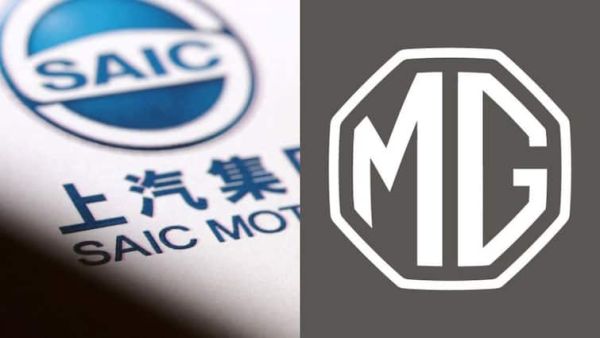
Chinese auto giant SAIC Motor is preparing to sharply trim its 49% holding in JSW MG Motor India and put fresh funding on hold, according to a Reuters report. The decision, while not a full exit, highlights the mounting hurdles Chinese carmakers face in India as trade frictions persist despite recent high-level talks.
SAIC intends to offload a significant portion of its shares but will continue supplying products and technology to the joint venture, sources said. JSW Group, which already owns a 35% stake, is keen to become the majority shareholder, though both sides remain locked in negotiations over valuation.
The move comes as Chinese companies grapple with tighter investment rules and a shifting competitive landscape — Tesla’s arrival in India adds to the pressure.
Policy Backdrop: Border Tensions and Investment Curbs
India’s 2020 restrictions on foreign direct investment from neighbouring nations — widely viewed as targeting Chinese firms after border clashes — have complicated SAIC’s ambitions. To navigate these curbs, the company partnered with JSW, opening the door for MG Motor’s expansion in what is now the world’s third-largest car market.
Even after a recent meeting between Indian and Chinese leaders, progress on easing trade barriers has been slow. For instance, Indian manufacturers still await Beijing’s clearance to import rare-earth materials critical for electric-vehicle batteries.
Valuation Dispute and Rival Ties
While JSW is eager to buy most of SAIC’s stake, the two sides have yet to agree on a price. Meanwhile, JSW is reportedly in advanced talks with Chery Automobile for a separate technology partnership, a development said to have unsettled SAIC.
SAIC’s India Story: From Bold Entry to Strategic Retreat
SAIC entered India in 2019 under the MG Motor badge, investing over $650 million and acquiring General Motors’ former plant in Gujarat, which can produce 120,000 vehicles annually. Its plan to invest further in EV production through a government-linked incentive programme was blocked in 2020.
In 2023, SAIC sold most of its shares in its Indian subsidiary to local investors, including a 35% chunk to JSW for about $300 million — a deal that valued MG Motor India at roughly $1.2 billion. Since then, JSW MG Motor has announced a $240 million electric-vehicle investment proposal that is still awaiting government approval.
MG Motor’s Growth and the Road Ahead
Despite regulatory setbacks, MG Motor India has grown steadily, with sales climbing from 16,500 units in 2019 to more than 61,000 in 2024. It now stands as India’s second-largest EV manufacturer after Tata Motors.
As Tesla gears up to enter the market, the question is whether MG can sustain its momentum. SAIC’s reduced role may give JSW more freedom to steer the brand’s strategy, but it also raises new concerns about technology sharing, valuation disputes, and how the company will hold its ground in a rapidly intensifying EV race.
-
Why not go to school, college, office on Monday? Monday blue means what exactly

-
Google Adds Gemini To Chrome Browser, Here’s What It Can Do for You

-
‘I like Muslim, but I like saffron color…’, Iphone 17 when buying iPhone 17

-
The passion of iPhone 17 from Mumbai to Delhi, crazy standing outside the mall from 12 noon

-
AC Tips- Those who run AC should keep these things, electricity bill will be reduced
